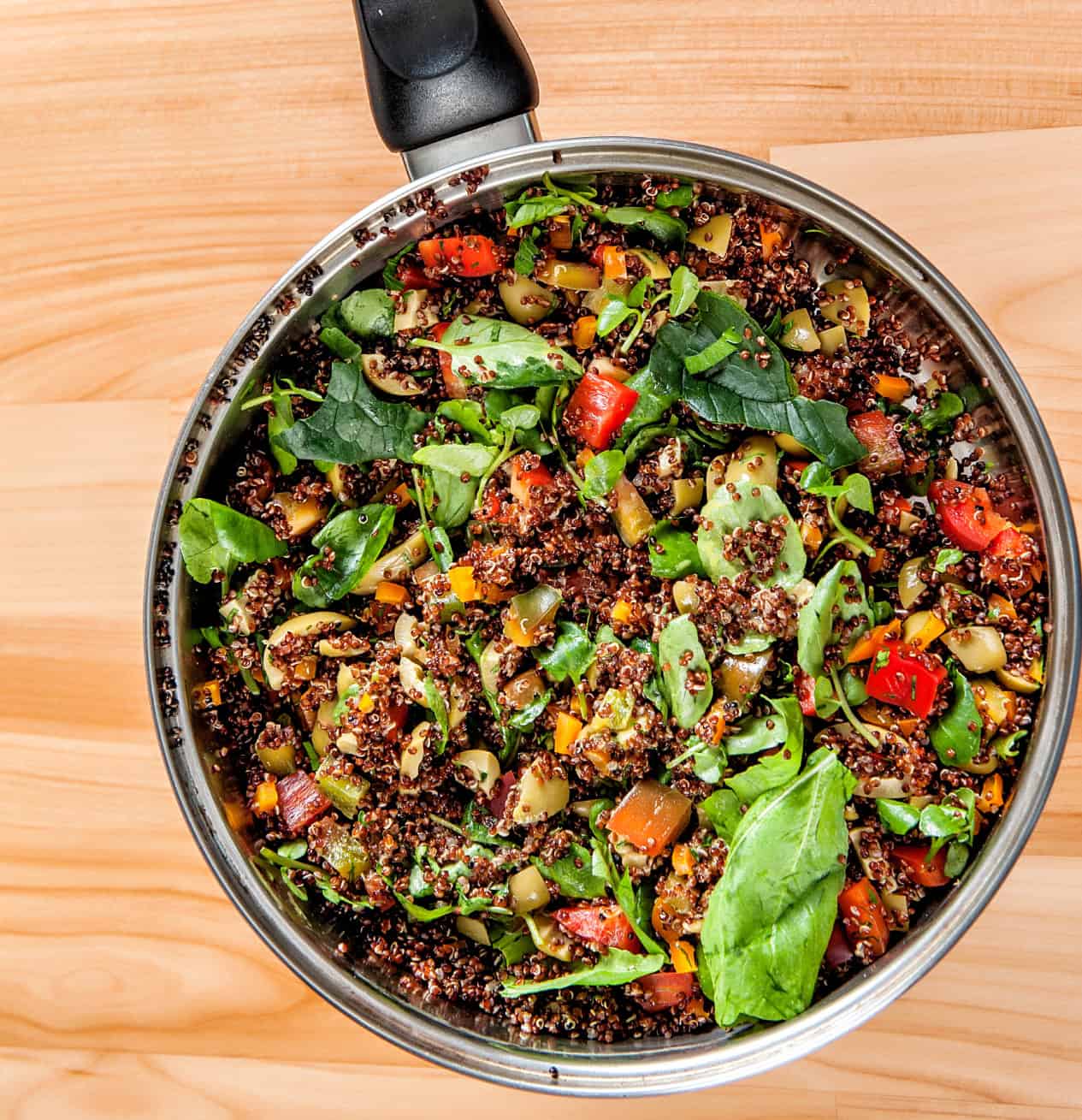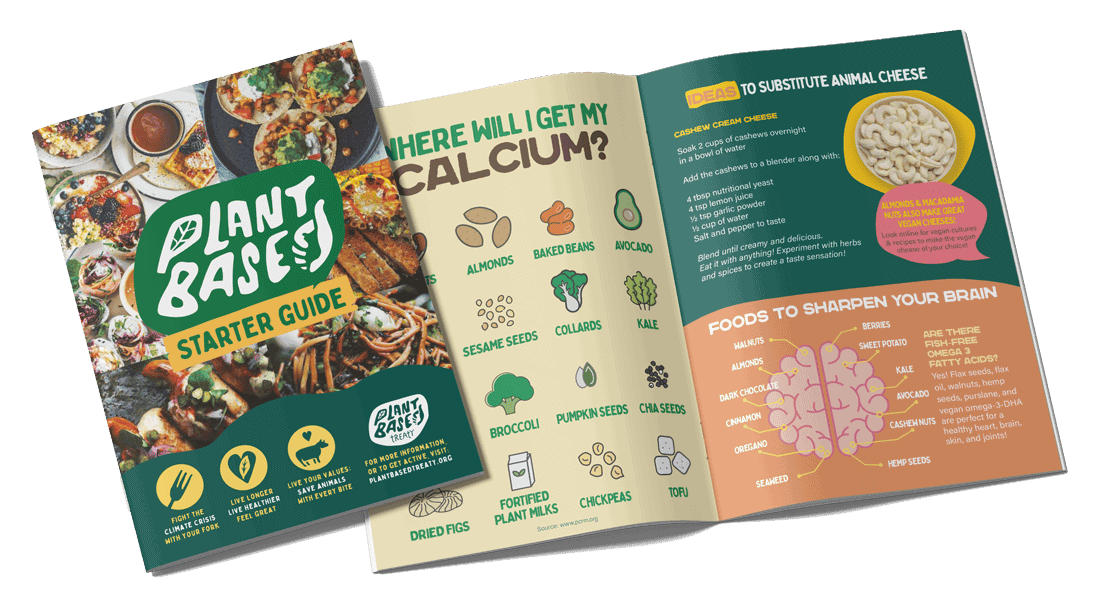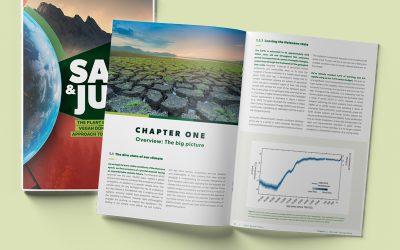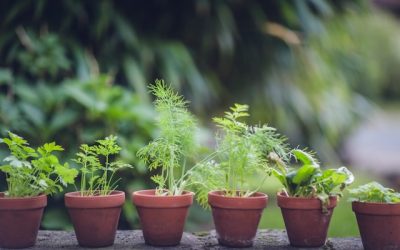Blog
Cambie las proteínas de origen animal por estas alternativas deliciosas y saludables
2 de agosto de 2024

“¿De dónde sacas las proteínas?”
Esta pregunta popular que se les hace a los veganos y a quienes comen alimentos a base de plantas suele generar debates, mitos, desinformación, bromas e incluso memes. Por lo tanto, derribemos los mitos sobre las proteínas, conozcamos los hechos y tomemos una decisión. Compromiso vegano.
El Comité de Médicos por una Medicina Responsable (PCRM), una organización estadounidense sin fines de lucro formada por más de 17,000 médicos, dietistas y científicos, algunos de los cuales son signatarios del Plant Based Treaty, explica que la proteína Es un nutriente importante que ayuda a construir, mantener y reparar el tejido corporal y está ampliamente disponible en frijoles, verduras y granos.
“La deficiencia de proteínas es casi desconocida en los Estados Unidos. Es fácil obtener toda la proteína que se necesita sin comer carne, productos lácteos o huevos. La cantidad diaria recomendada de proteínas es de 0.8 gramos/kilogramo/día, lo que equivale a 0.36 gramos/libra/día. Una mujer promedio necesita alrededor de 46 gramos de proteína por día; el hombre promedio, alrededor de 56 gramos. Las investigaciones muestran que la mayoría de los estadounidenses ya obtienen proteínas más que suficientes, y la mayoría de las proteínas que se consumen son de origen animal. Las proteínas de origen animal contienen colesterol, grasa, grasa saturada y nada de fibra en comparación con las proteínas de origen vegetal, que normalmente no contienen colesterol y cantidades menores de grasa saturada, pero sí contienen fibra”. PCRM
Para iniciar tu viaje vegano o basado en plantas, Descargue nuestra guía gratuita para principiantes basada en plantas para obtener consejos y trucos sobre alimentos saludables, opciones de comidas y alimentos vegetales con calcio, hierro y, por supuesto, proteínas.
La Dra. Julie Chan es una médica naturópata y acupunturista especializada en terapias basadas en plantas y fundadora de Clínica de bienestar Liberty en Ontario y comparte su sabiduría basada en años de experiencia profesional.
“Cuando las personas adoptan una dieta basada en plantas, es importante explicarles la importancia de reinventar el plato. La mayoría de las personas están acostumbradas a construir sus platos en torno a fuentes de proteína animal y no es raro que las verduras ocupen una porción pequeña o insignificante del plato... Les hago hincapié a mis pacientes en la importancia de adoptar una dieta basada en alimentos vegetales integrales para promover la salud general y reducir el riesgo de enfermedades crónicas. Esto también significa adoptar una nueva forma de construir nuestro plato”.
Guía de alimentos de Canadá recomienda elegir “alimentos proteicos de origen vegetal todos los días. Los alimentos proteicos de origen vegetal pueden aportar más fibra y menos grasas saturadas que otros tipos de alimentos proteicos”.
Incluso siendo veganos, es probable que consumamos más proteínas de las que necesitamos, ya que la deficiencia de proteínas es algo que suele ocurrir en personas con deficiencia calórica.
El Dr. Chan explica: “Muchas personas se preocupan por las proteínas y parece haber una idea errónea de que las dietas vegetales son bajas en proteínas. Hoy en día, en nuestra sociedad existe una obsesión por las proteínas, a pesar de que la persona promedio solo necesita 0.8 g de proteínas por kg de peso. Las proteínas de origen vegetal se presentan en diversas formas y, a veces, en alimentos sencillos. Las proteínas se encuentran en verduras, frutos secos, semillas, cereales integrales, legumbres y legumbres, por lo que, siempre que alguien siga una dieta equilibrada basada en alimentos integrales de origen vegetal, obtener suficiente proteína rara vez es un problema”.
Continúe leyendo para obtener ideas de alimentos ricos en proteínas saludables para su próxima comida.
1. Frijoles

Los frijoles, parte de la familia de las legumbres, son una fuente económica y de fácil acceso de proteína vegana, y existen múltiples variedades para elegir. En Ontario, por ejemplo, hay aproximadamente 1,000 agricultores cultivan nueve tipos de frijoles!
Entre ellos se encuentran los frijoles blancos, los frijoles rojos, los frijoles arándanos, los frijoles adzuki, los frijoles otebo y los frijoles negros, también conocidos como frijoles negros. Los frijoles rojos tienen un alto contenido de fibra y son ricos en vitaminas y minerales, como hierro, ácido fólico, cobre, potasio y vitamina K1. Los frijoles negros son perfectos para burritos, enchiladas y chili e incluso se pueden usar para productos horneados como estos deliciosos frijoles sin aceite. Brownies veganos de frijoles negros por HealthyGirl Kitchen.
“Las legumbres son una excelente fuente de proteínas, ya que aportan la friolera de 15 g de proteínas por taza cuando se cocinan. Las proteínas vegetales integrales tienen poco o nada de colesterol y grasas saturadas, y son ricas en fibra, fitonutrientes, antioxidantes y vitaminas, todos ellos nutrientes poderosos que pueden ayudar al cuerpo a combatir enfermedades crónicas. Por el contrario, las dietas ricas en carne, productos lácteos, huevos y mariscos se asocian con un mayor riesgo de muchos problemas de salud crónicos, incluidos el aumento del riesgo de diabetes, enfermedades cardíacas, obesidad, gota, cáncer y más”. doctor chan
2. Semillas de nuez

- semillas de chia
- Semillas de calabaza
- Semillas de girasol
- Nueces
- Almendras
- Cacahuates
- Anacardos
- Las semillas de linaza
- Semillas de sésamo
- Las semillas de cáñamo
Las semillas de cáñamo se pueden espolvorear en batidos, en avena, hornear en muffins, mezclar en ensaladas o comer crudas o tostadas.
“Las semillas de cáñamo contienen casi tanta proteína como la soja. En cada 30 gramos (g) de semillas, o aproximadamente 3 cucharadas, hay 9.46 g de proteína. Estas semillas son una fuente completa de proteína, lo que significa que proporcionan los nueve aminoácidos esenciales”. – Medical News Today
3. Quinoa
Según PubMed, “El contenido proteico de los granos de quinua es mayor que el de otros cereales y, al mismo tiempo, tiene una mejor distribución de los aminoácidos esenciales. Puede utilizarse como alternativa a las proteínas de la leche. Además, la quinua contiene una gran cantidad de ácidos grasos esenciales, minerales, vitaminas, fibras dietéticas y carbohidratos con efectos hipoglucémicos beneficiosos y, al mismo tiempo, no contiene gluten”.
Si no estás convencido de los superpoderes de la quinua, mira estos 22 recetas a base de plantas que te harán amar la quinoa por Tenedores Sobre Cuchillos.

4. Lentejas
Las lentejas, una excelente fuente de proteínas vegetales, son legumbres potentes que vienen en múltiples variedades, incluidas las lentejas verdes, marrones, rojas/amarillas/naranjas, beluga y puy. Las lentejas naranjas son un alimento básico en nuestro hogar, ya que son fáciles y rápidas de preparar, sacian y son deliciosas. Son populares en platos indios como el dal y en recetas de sopas de Medio Oriente. Los beneficios para la salud de las lentejas incluyen fibra y vitaminas B., zinc, potasio, magnesio, y una gran fuente de hierro. Además de que las lentejas son perfectas en muchos platos por su sabor terroso, también son un ingrediente saludable y asequible. Aquí están 24 deliciosas recetas veganas con lentejas por Tenedores Sobre Cuchillos.
5. Granos enteros
Los cereales integrales son una parte importante de una dieta basada en plantas porque tienen un alto contenido de proteínas, fibra y nutrientes, y hay muchas variedades para elegir. Los cereales integrales son más saludables que los cereales refinados fortificados porque no todos los nutrientes se pueden volver a agregar después de ser procesados. Los cereales integrales también proteger contra las enfermedades del corazón y investigación muestra “Están asociados con un menor riesgo de enfermedades cardíacas, accidentes cerebrovasculares y diabetes tipo 2”.
Disfrute de estos cereales integrales saludables solos, con comidas fermentadas, o con tus verduras favoritas:
- El arroz integral
- Cebada
- farro
- mijo
- bulgur
- Arroz salvaje
- Harina de maíz
- Avena (perfecta para el desayuno acompañada de fruta fresca de temporada)
Hablando de verduras, el maíz dulce, el brócoli, los espárragos, los guisantes, las coles de Bruselas y las patatas también tienen proteínas, así que añádelas a tus platos favoritos y ¡disfrútalas! No olvides suscribirte Plant Based Treaty y aprender a reduce tu huella de carbono mediante un cambio de dieta.

Miriam Porter Miriam es una escritora galardonada que escribe sobre veganismo, justicia social y viajes ecológicos. Actualmente, vive en Toronto con su hijo Noah y muchos amigos peludos rescatados. Es una activista apasionada por los derechos de los animales y defiende a quienes no pueden ser escuchados.
Más del blog
Seis llamadas a la acción importantes más del Informe "Seguro y Justo" (segunda parte)
Por Miriam Porter
Seis importantes llamadas a la acción del Informe "Seguro y Justo" (Primera parte)
Por Miriam Porter
Cultiva tu propia col rizada y espinacas para preparar batidos verdes saludables
Por Miriam Porter




